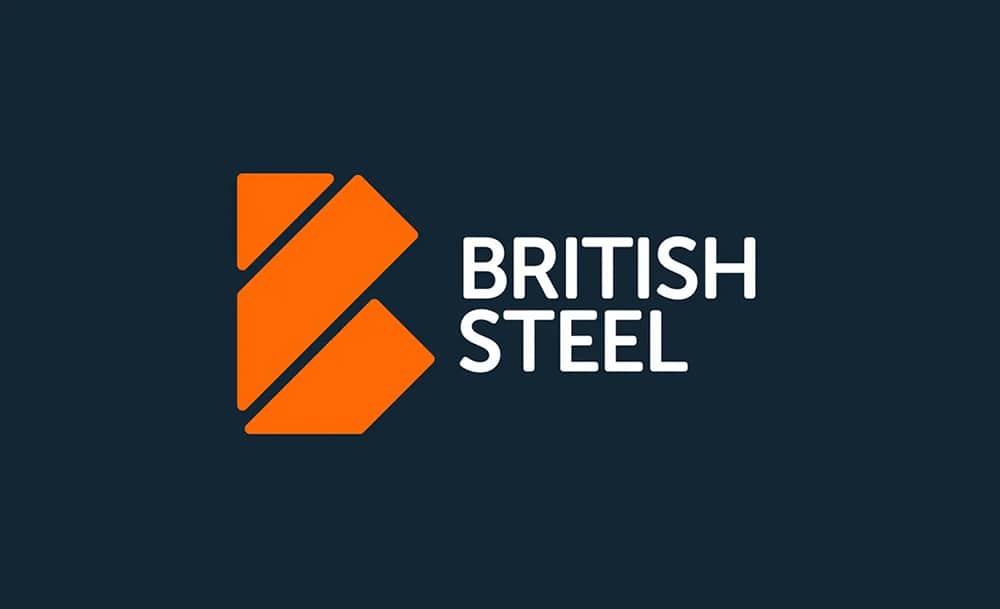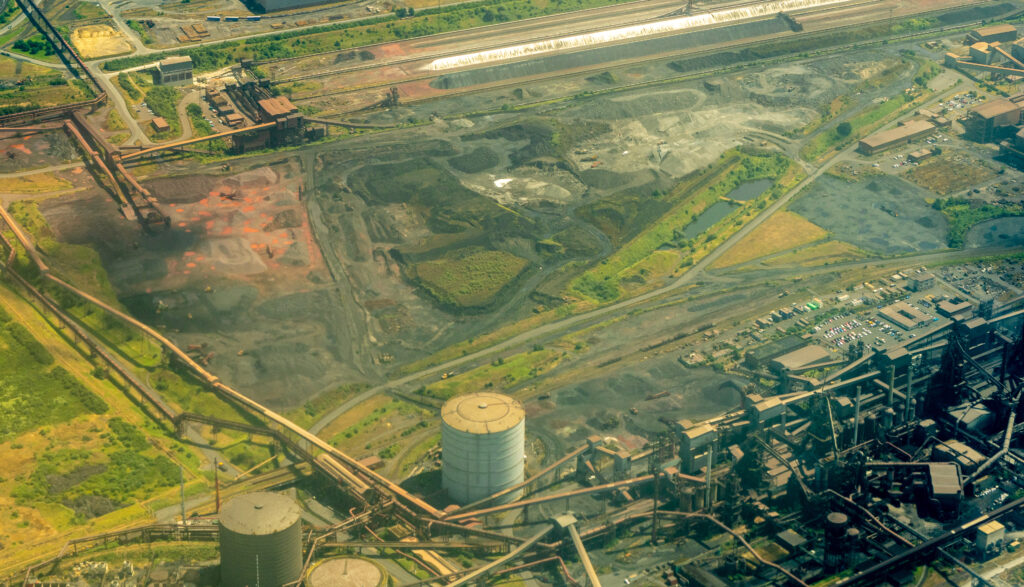British Steel to Start Consultations on Closing Blast Furnaces

Steel Industry leader British Steel is set to start consultations on permanently blowing down the operating blast furnaces at Scunthorpe. The move comes after the company failed to reach an agreement with the UK government on financial aid for conversion to green steelmaking.
“Since 2020, the shareholder of British Steel, Jingye, has invested more than £1.2 billion [$1.55 billion] to maintain operations amid ongoing production instability and significant financial losses of around £700,000 [$906,400] a day,” the company said on March 27.
“The company had sought support from the UK Government for a major capital investment in two new Electric Arc Furnaces. However, following many months of negotiations, no agreement has been reached,” British Steel added.
The company also cited “challenging market conditions, the imposition of tariffs and higher environmental costs” in its statement as the reasons behind its decision.
Stay cost-effective when steel prices waiver using timely trend analysis and actionable intel by subscribing to MetalMiner’s newsletter.
Loss of Jobs and Steel Industry Capacity
According to company leaders, consultations with unions proposed three options. The first is closing Scunthorpe’s operating blast furnaces, steelmaking operations and rod mill by early June. The two other options include either closing the blast furnaces and steelmaking operations in September or sometime after September. Reports noted that the closures could mean the loss of up to 2,700 steel industry jobs, representing over 75% of the 3,500 positions at the plant.

British Steel’s Scunthorpe site has four blast furnaces named after four British queens: Mary, Bess, Anne and Victoria. Combined, they have an annual capacity of 4.7 million metric tons, though only two of them are currently operating. There are also three 330-metric-ton basic oxygen furnaces at the site. These can produce about 4.3 million metric tons of crude steel, which the facility then casts into slabs and billets.
Facing challenges in tracking metal price movements? Access monthly price trends for 10 different metal industries by signing up for MetalMiner’s Monthly Metals Index Report, ensuring you’re always ahead in your sourcing strategy.
The Decision Ends Two Years of Negotiations with the UK Government
Jingye originally acquired the Scunthorpe plant in 2020 from London-headquartered investment company Greybull Capital. In November 2023, the company announced plans to replace the site’s operating blast furnaces in favor of two electric arc furnaces, a project that would carry a prospective £1.3 billion price tag ($1.68 billion).

Talks between HM Government and Jingye on increasing aid to British Steel to as much as £2 billion ($2.6 billion) took place in November 2024. This represented a significant increase from the original projections of £300 million ($387 million).
The new figure would take up 80% of £2.5 billion ($3.1 billion) the government said it had earmarked for the steel industry in July, in addition to the £500 million it had pledged for Tata Steel to install new electric arc furnace technology at its Port Talbot works.
Unions Previously Fought to Alter Jingye’s Plan
Local media reports stated that Jingye rejected an offer of £500 million ($647 million) towards the plant’s green steelmaking transition efforts the week of March 24. At the time, unions associated with British Steel—Community, GMB and Unite—called for HM Government and Jingye to return to the table.
Those same unions, in partnership with Paris-headquartered employee consulting group Syndex, devised a plan to keep the blast furnaces operating during the construction of the EAFs back in February. Recommendations included either two 130-metric ton EAFs or one 300-metric ton EAF.
MetalMiner Insights covers price points, price forecasting and sourcing strategies for a full suite of steel forms and semi-finished products. See our full metals catalog.

